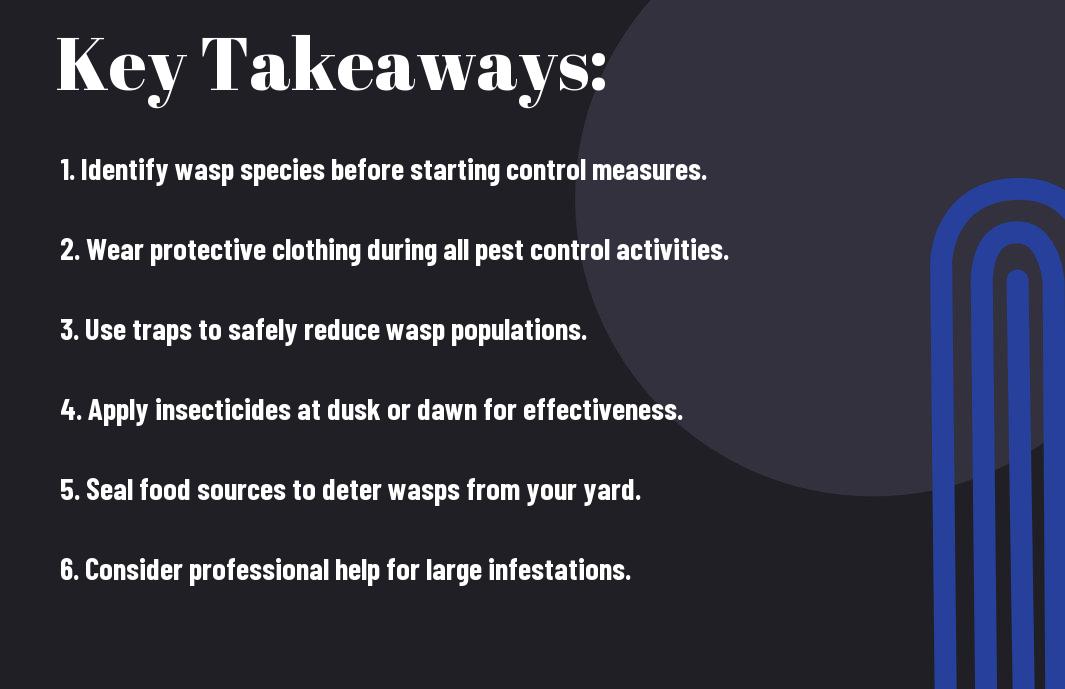Introduction
Spotting wasps in your garden can be both fascinating and concerning. These insects play crucial roles in ecosystems but can also pose risks to people and plants. Understanding why wasps appear in your garden, how to identify them, and ways to manage their presence is essential for any gardener. This article explores the nature of wasps in garden environments, outlines their benefits and dangers, and offers expert advice on safe and effective control methods.
Why Are Wasps in My Garden?
The Role of Wasps in the Garden Ecosystem
Wasps are natural predators that help control pest populations such as aphids, caterpillars, and flies. Their presence often indicates a balanced ecosystem. They are also pollinators, contributing to the fertilization of flowers and plants.
Factors Attracting Wasps to Gardens
- Availability of food: Wasps are attracted to sugary substances like ripe fruits, nectar, and garden waste.
- Shelter: Gardens offer ideal nesting spots such as shrubs, eaves, and underground burrows.
- Water sources: Wasps need water for survival and nest building, so nearby ponds or birdbaths can attract them.
How to Identify Wasps vs. Bees in Your Garden
Visual Characteristics
- Wasps: Sleek bodies with narrow waists, bright yellow and black markings, and smooth, shiny exoskeletons.
- Bees: Fuzzier bodies with muted brown and yellow tones and robust shapes.
Behavioral Differences
- Wasps are more aggressive and can sting multiple times.
- Bees are generally docile and die after stinging.
Recognizing these differences helps in deciding how to approach control measures safely.
Are Wasps Dangerous in Your Garden?
Risks to Humans and Pets
- Wasps sting to defend their nests, causing painful reactions.
- Allergic individuals may experience severe anaphylactic reactions.
- Pets may also be stung if disturbed near nests.
Impact on Garden Plants
- Wasps rarely damage plants directly but may be attracted to sweet fruit.
- Their role in pest control benefits plant health by reducing herbivorous insects.
Effective Ways to Manage Wasps in Your Garden
Prevention Tips
- Remove attractants: Pick up fallen fruit and cover compost bins.
- Seal entry points: Close cracks around your home and garden structures.
- Limit water sources: Avoid standing water pools.
Safe Control Methods
- Use wasp traps: Commercial or homemade traps baited with sweet liquids.
- Natural repellents: Planting mint, eucalyptus, or citronella can deter wasps.
- Professional removal: Engage pest control experts for large nests or persistent problems.
What to Avoid
- Do not swat at wasps aggressively as it provokes attacks.
- Avoid DIY nest removal without protective gear and expertise.
When to Call a Professional
If wasps build large nests near living areas or if there is a risk of allergic reactions, contacting pest control professionals ensures safe and effective nest removal. Experts use specialized equipment and follow regulations to minimize environmental impact.
Conclusion
Wasps in your garden are a sign of a healthy ecosystem but can present safety concerns. By learning to identify wasps, understanding their behaviors, and applying effective management strategies, you can coexist with these insects while protecting your family and plants. Always prioritize prevention and safety, and seek professional help when needed. Embrace the balance that wasps bring to your garden but remain vigilant to maintain a safe outdoor space.
